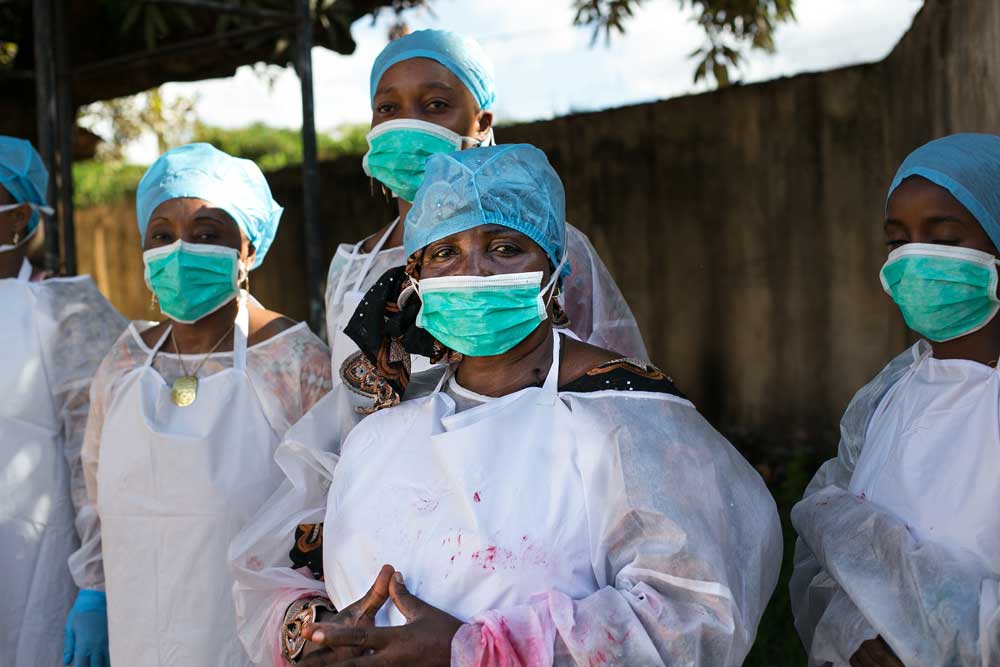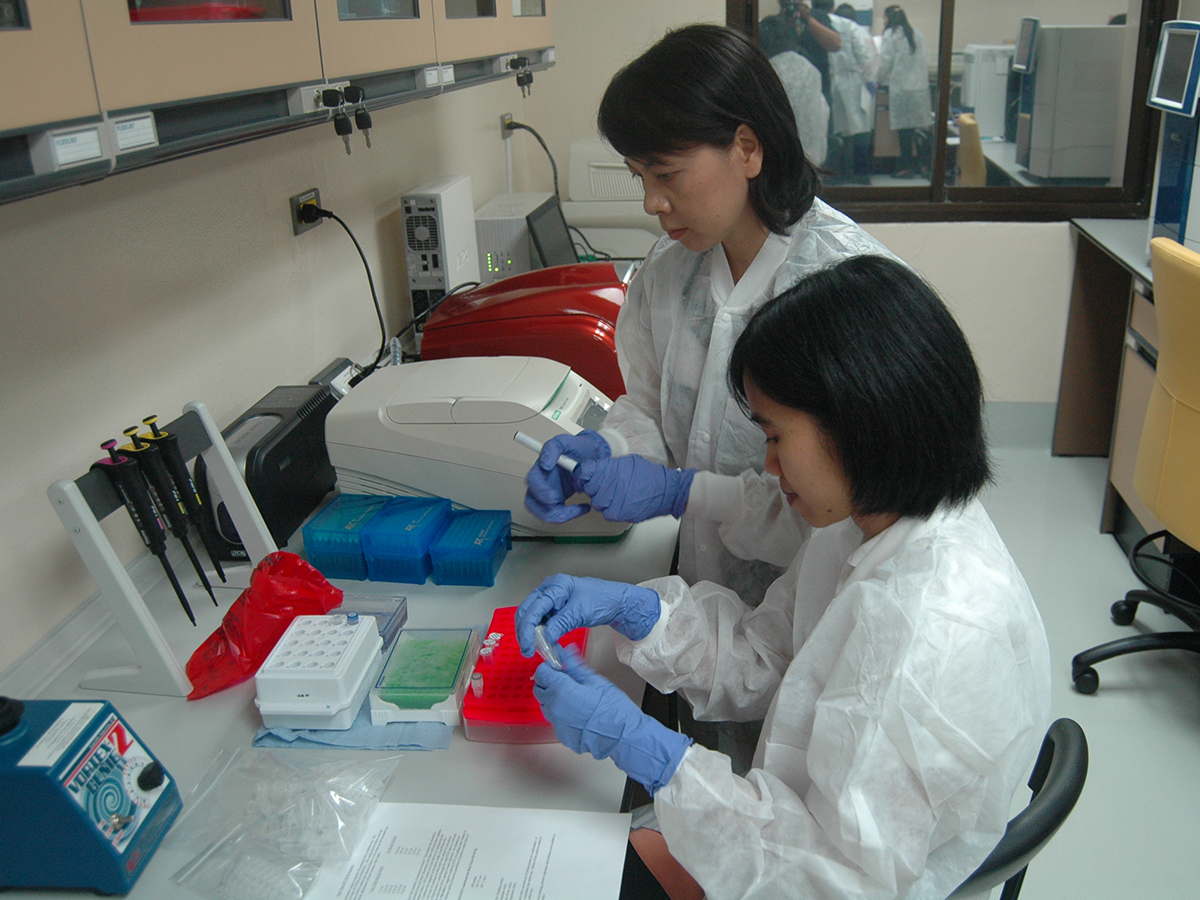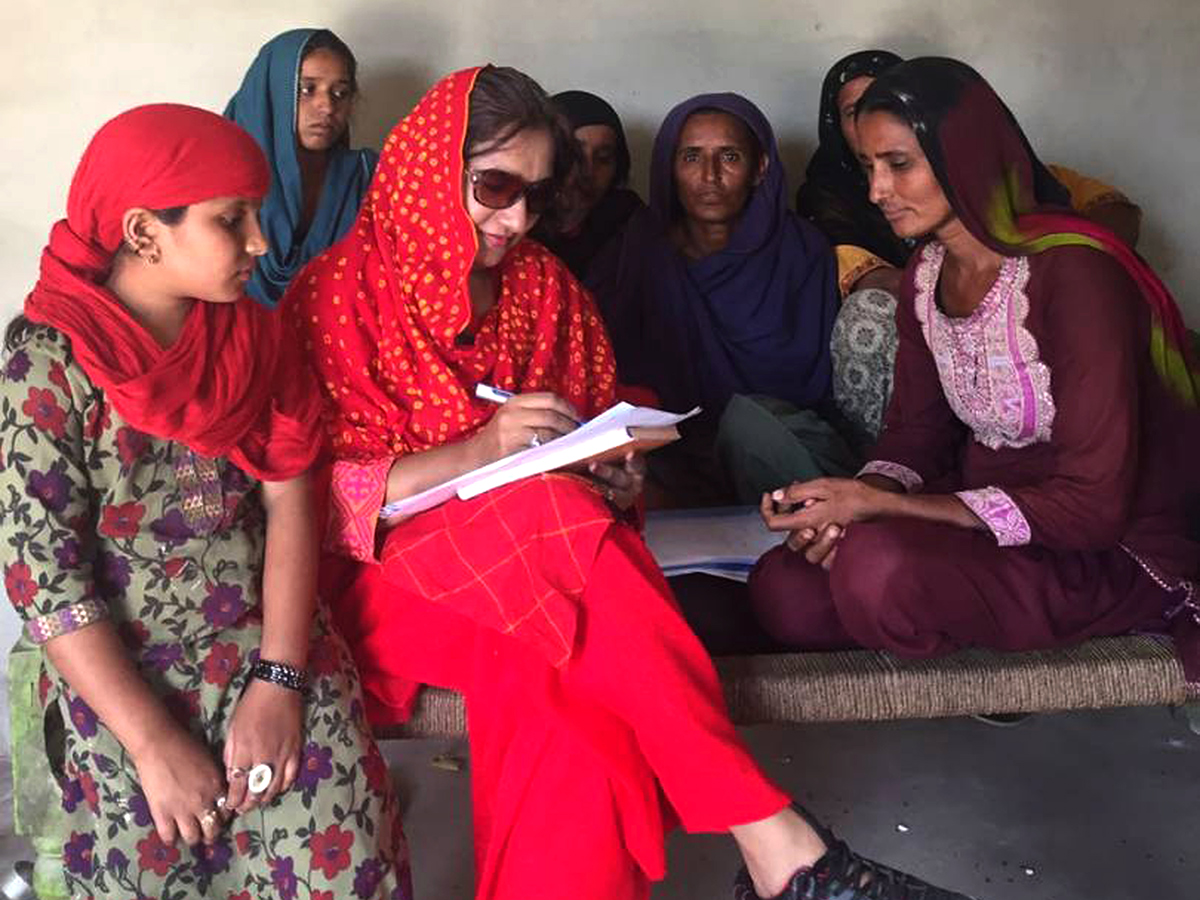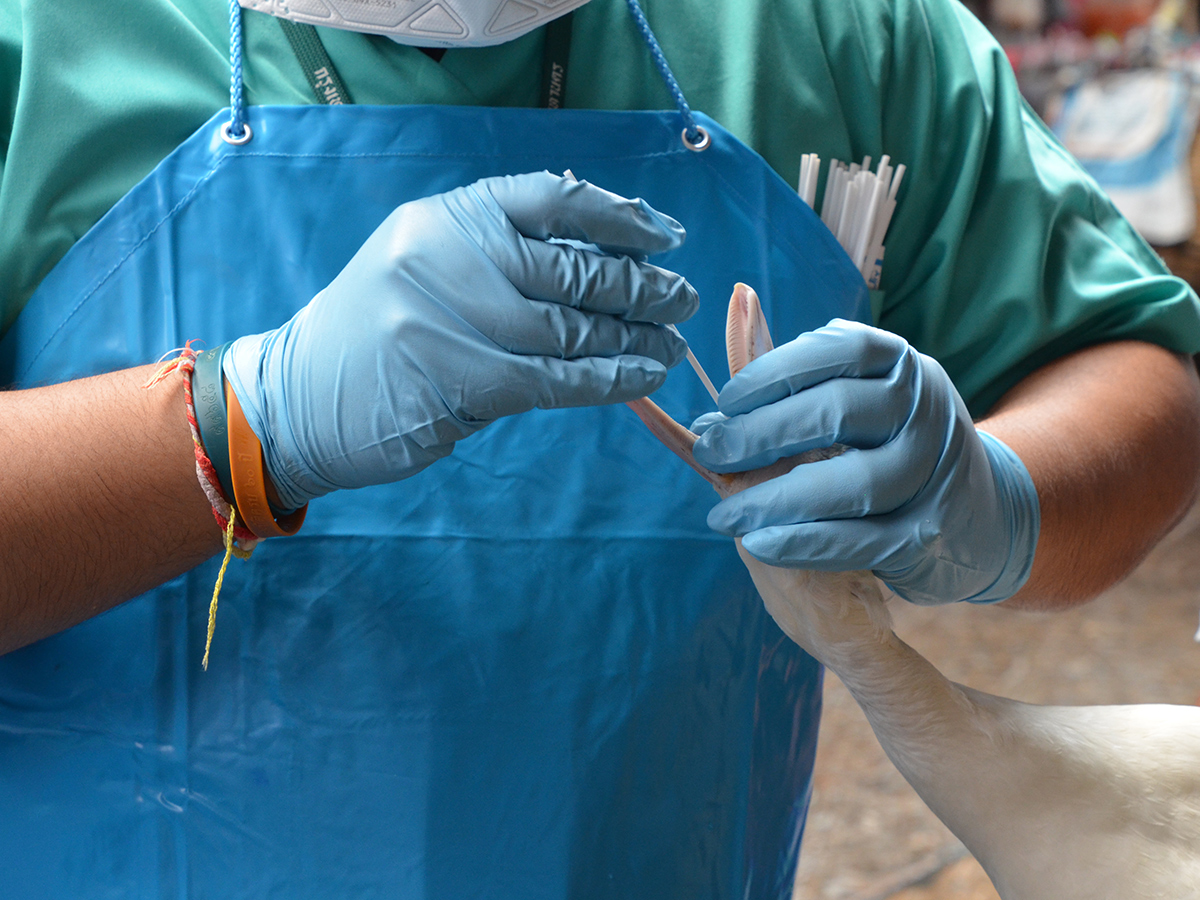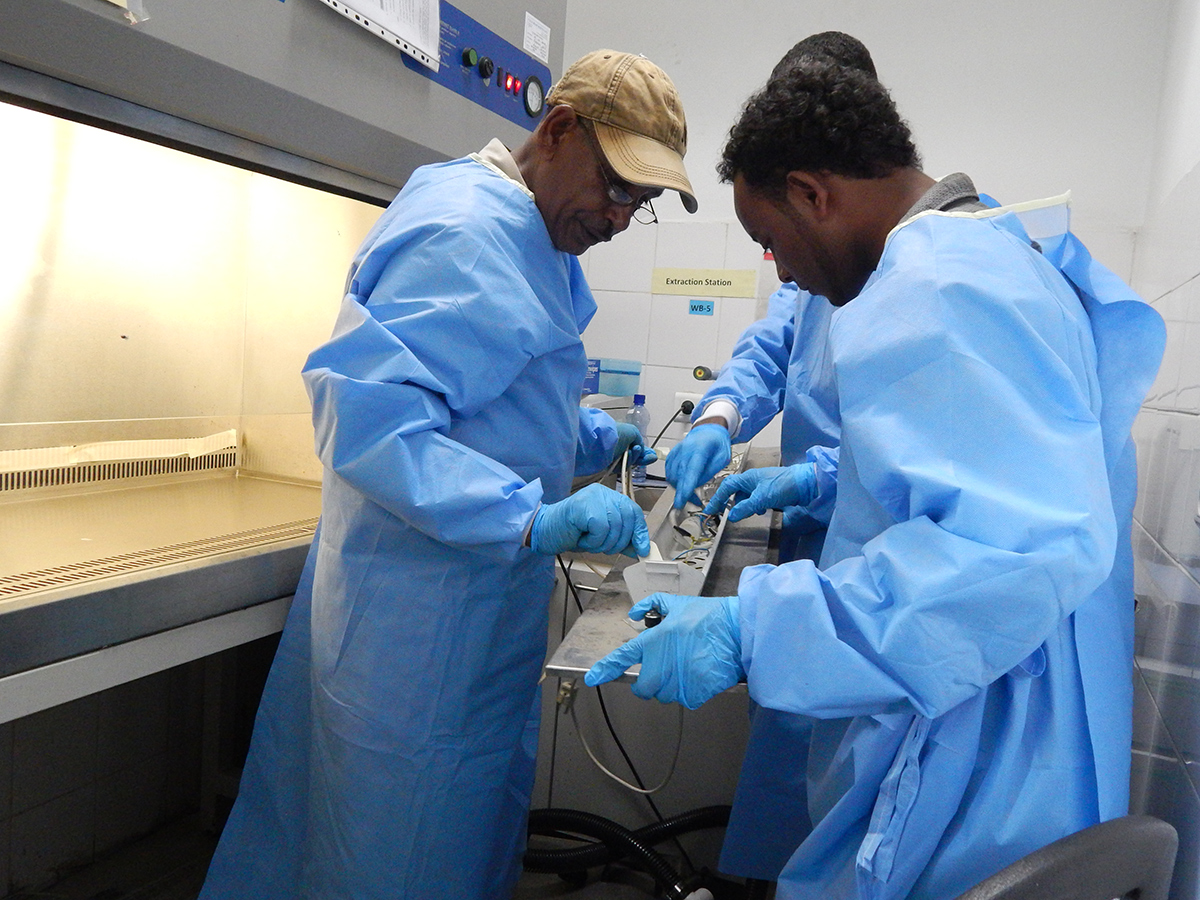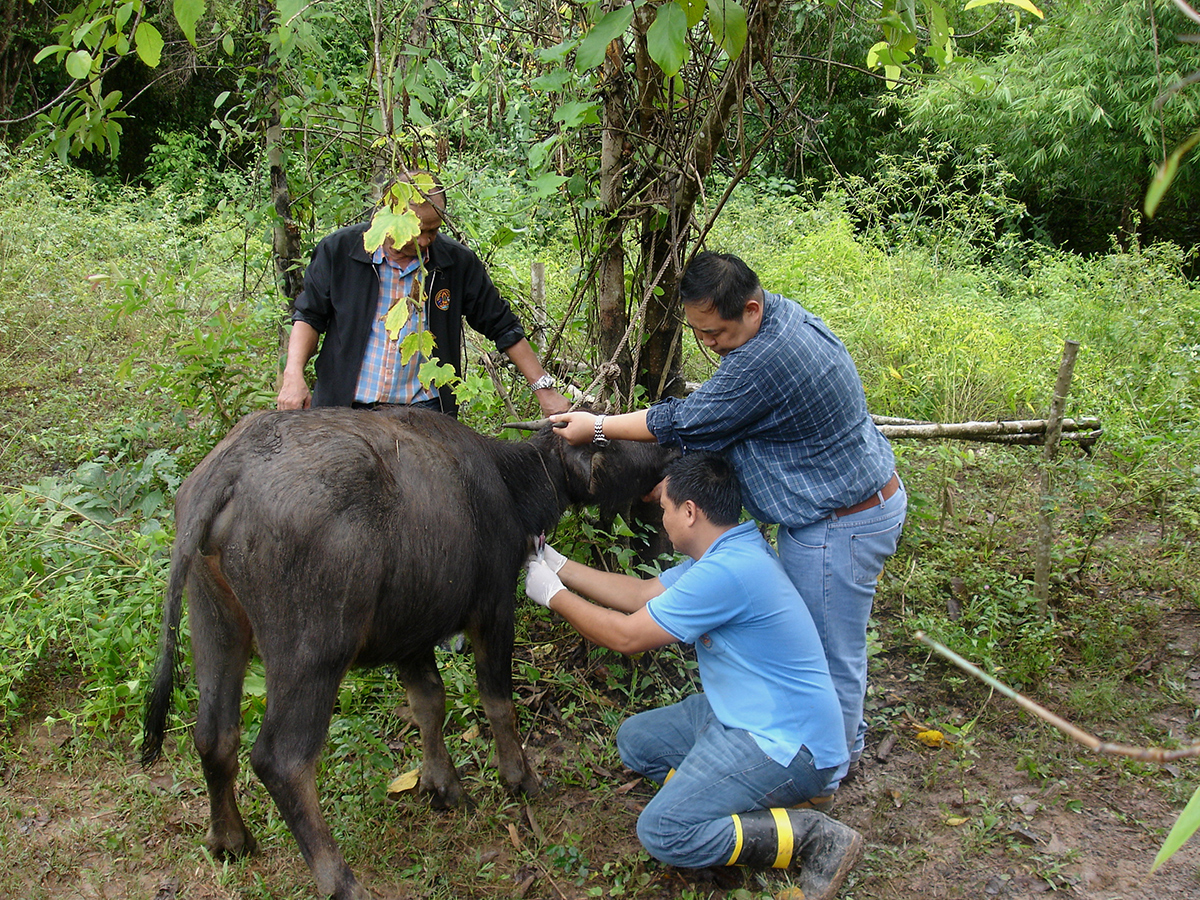Global Health Security
Although we cannot predict the exact nature or origin of the next global health emergency, from our experience in recent years — MERS in the Middle East, Ebola in West Africa, Zika in the Americas, SARS in Asia, and others — we know there will be future infectious disease outbreaks of global concern. Protecting America’s health, safety, and security involves making sure other countries have the knowledge and resources to stop outbreaks before they can spread across national boundaries. All of our work to address global health threats depends on effective public health systems and strong core capacities, including a sound, well-trained public health workforce; robust disease detection and laboratory diagnostic systems and tools; and effective emergency operations capacity.
Why is global health security essential to national security?
- In today’s interconnected world, diseases are able to spread farther and faster than ever before. A health threat anywhere is a health threat everywhere.
- Nearly 70% of the world’s nations remain underprepared to manage and control health emergencies, leaving gaps that make us all vulnerable to epidemics.
- Outbreaks can have an enormous social and economic impact locally and globally. SARS and Ebola each represent billions of dollars in economic impact.
What is CDC doing?
CDC’s global efforts advance country capacity to prevent epidemics from the outset. These efforts are essential to protecting the United States and U.S. interests overseas. CDC’s global activities build core capacities in surveillance, laboratory, workforce development, and emergency operations that accelerate progress towards achieving specific goals and targets.
- CDC, in partnership with other organizations, nations, agencies, and stakeholders committed to advancing the Global Health Security Agenda (GHSA), seeks to accelerate progress toward a world safe and secure from infectious disease threats. Together with our partners, CDC works to prevent and reduce the likelihood of outbreaks, detect threats by strengthening global bio-surveillance networks and health systems, and respond to and contain health threats at their source.
- Advancing global health security builds on proven public health efforts to fight HIV, tuberculosis, malaria, and parasitic and other vaccine preventable diseases, like the highly infectious polio and measles viruses. Existing programs are further strengthened by building core capacities in other countries to prevent, detect, and rapidly respond to outbreaks; minimize loss of life; and reduce the impact on families, communities, and the world.
- At the same time, CDC continuously monitors reports from around the world 24/7, identifying disease threats that could potentially evolve into global outbreaks.
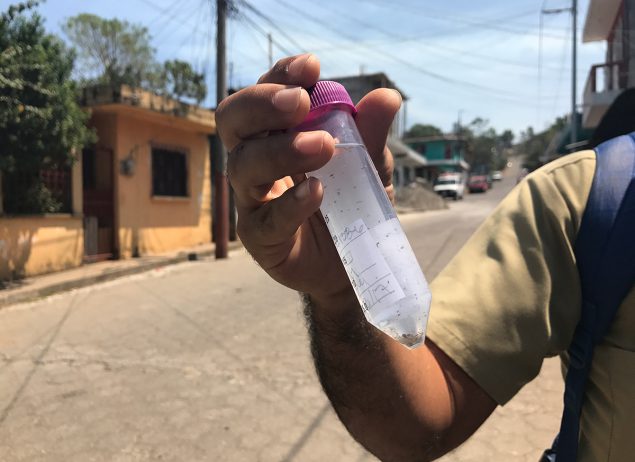
To better understand, detect and respond to emerging infectious disease threats such as dengue, chikungunya, Zika, Chagas disease, and malaria, the U.S. Centers for Disease Control and Prevention (CDC) is supporting studies to better understand acute febrile illnesses (AFIs) in Belize, Guatemala and the Dominican Republic. AFIs are characterized by a rapid onset of fever and symptoms such as headache, diarrhea, chills or muscle and joint pain, cough or other respiratory symptoms. AFIs are one of the most common reasons people seek health care and can be caused by viruses, bacteria, parasites or fungi that people inhale, eat or drink from contaminated food or water, or are exposed to by contact with animals, including insects.
“The current widespread and severe outbreak of dengue that’s spreading across Guatemala and other Central American countries underscores the urgent need for the studies and surveillance network.”
— Dr. Emily Zielinski-Gutierrez, director of the CDC-Central America Regional Office
“I am encouraged to see that this important work that demonstrates the strong scientific collaboration between our countries is carried out in Guatemala. These studies will help to better understand disease threats and improve the health, safety, and security of the Guatemalan people and the region, as part of our commitment to strengthening global health security.”
— Luis E. Arreaga, United States Ambassador to Guatemala,
- Browse global health security publications
- Read CDC’s latest Global Health Security news releases
- View Global Health Security digital press kits
- Browse Global Health Security images on the CGH Flickr stream or search images by topic or country
- Search images by topic on the Public Health Image Library (PHIL)
- Learn more about Global Health Security and Protection
- Find multi-media content, expert bios and other global health security resources in this Digital Press Kit
Contact media relations to speak with a CDC Global Health Security expert
media@cdc.gov
(404) 639-3286
(9:00 am – 6:00 pm)
(770) 488-7100
(After Hours)
